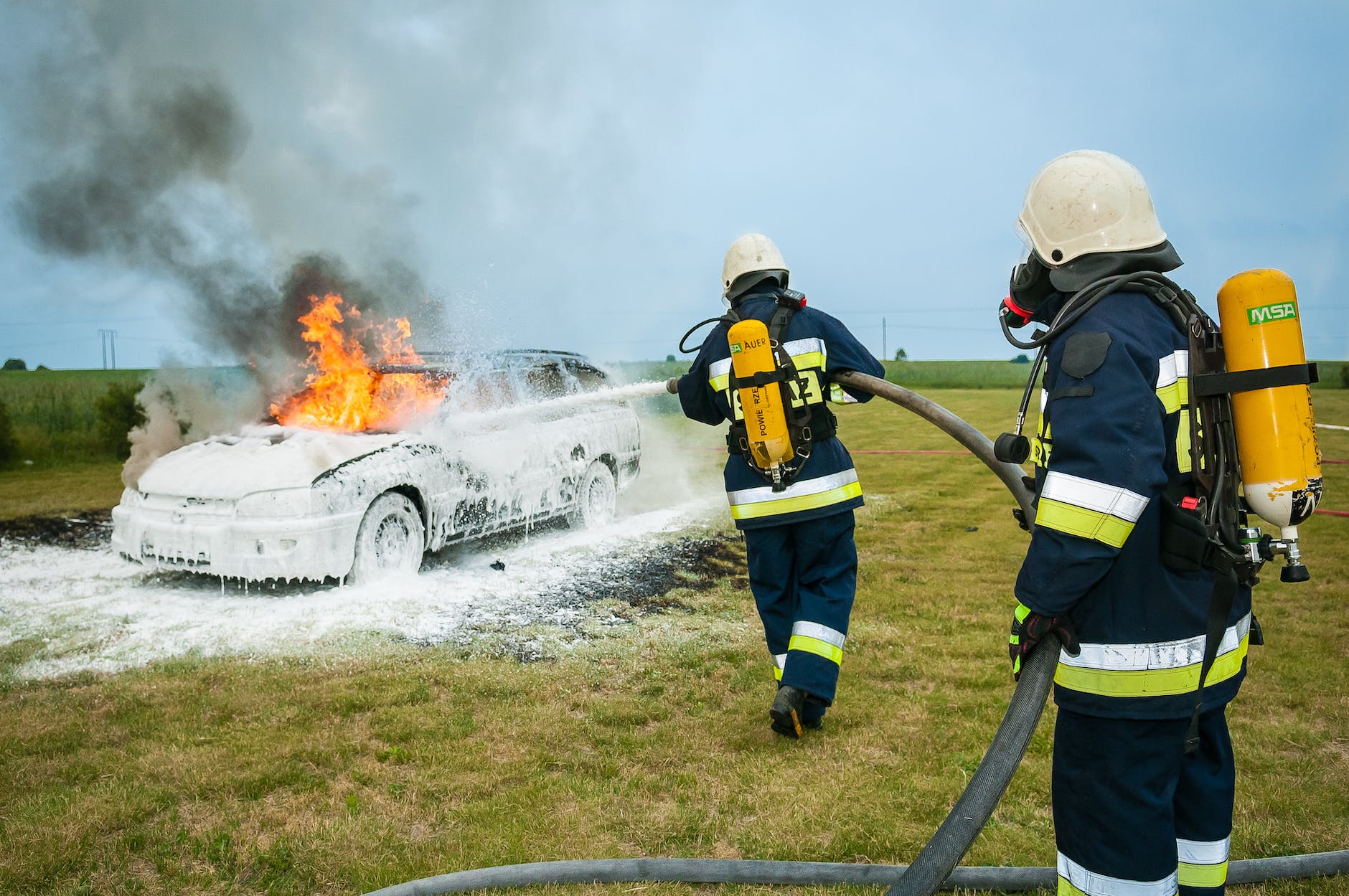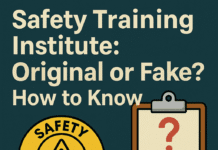
Diploma in Fire Service Engineering: Igniting a Career in Fire Safety
Introduction
Fire incidents pose significant threats to lives, properties, and the environment. Addressing these emergencies effectively requires skilled professionals with a deep understanding of fire behavior, prevention, and response strategies. A Diploma in Fire Service Engineering equips individuals with the necessary knowledge and expertise to safeguard communities from the devastating impact of fires. This article explores the significance of pursuing this diploma, its core curriculum, career prospects, advantages, challenges, and the promising future of fire service engineering.
Understanding Fire Service Engineering
Fire Service Engineering encompasses a multidisciplinary approach to handle fire-related situations. It involves understanding the science of fire behavior, fire prevention techniques, fire protection systems, and emergency response protocols. Fire Service Engineers play a critical role in formulating fire safety measures and ensuring compliance with building codes and regulations.
The Importance of a Diploma in Fire Service Engineering
Pursuing a Diploma in Fire Service Engineering opens doors to a rewarding career path focused on public safety and disaster management. With the increasing frequency of fire incidents worldwide, the demand for skilled fire service professionals is on the rise. This diploma empowers individuals to acquire specialized knowledge and practical skills necessary to tackle fire-related challenges efficiently.
Core Curriculum of a Diploma in Fire Service Engineering
4.1 Fire Science and Behavior
To combat fires effectively, it is essential to comprehend the science behind fire behavior. Students learn about the chemistry of fire, how it spreads, and the factors that influence its intensity. Understanding fire behavior enables Fire Service Engineers to develop effective firefighting strategies.
4.2 Fire Prevention and Protection Systems
Preventing fires is as crucial as responding to them. This module educates students on various fire prevention methods, such as risk assessment, fire safety audits, and the installation and maintenance of fire protection systems like fire alarms, sprinklers, and extinguishers.
4.3 Emergency Response and Rescue Techniques
Fire Service Engineers must be well-trained in handling emergency situations. This part of the diploma curriculum imparts knowledge of rescue techniques, evacuation procedures, and incident command systems to efficiently manage fire-related crises.
4.4 Fire Investigation and Forensics
Determining the cause of a fire is vital in preventing future incidents. This segment delves into fire investigation techniques, evidence collection, and analysis to identify the origin and cause of fires accurately.
4.5 Building Codes and Regulations
Fire safety in buildings heavily relies on adherence to codes and regulations. Students learn about local and international building codes and the importance of compliance in mitigating fire risks.
4.6 Fire Safety Management
Fire safety management focuses on creating and implementing comprehensive fire safety plans for buildings and public spaces. It involves conducting fire drills, training occupants, and developing fire emergency procedures.
Career Opportunities after Completing a Diploma in Fire Service Engineering
Graduates with a Diploma in Fire Service Engineering can pursue a range of rewarding career paths. Some potential roles include Fire Safety Officer, Fire Inspector, Fire Investigator, Fire Protection Technician, and Emergency Response Coordinator. Additionally, opportunities exist in industries such as construction, hospitality, healthcare, and government agencies responsible for fire safety.
Advantages of Pursuing a Diploma in Fire Service Engineering
Choosing to enroll in a Diploma in Fire Service Engineering offers several advantages. Firstly, it equips individuals with specialized knowledge, making them indispensable assets in fire-related professions. Secondly, this diploma enhances problem-solving and critical thinking abilities, essential in tackling complex fire incidents. Moreover, it provides a sense of fulfillment, knowing that one’s work contributes to safeguarding lives and properties.
Challenges and Responsibilities in Fire Service Engineering
A career in Fire Service Engineering is not without challenges. Fire Service Engineers often work in high-pressure situations, requiring quick decision-making and calmness under stress. Moreover, they face physical risks when responding to emergencies. However, the fulfillment of protecting communities and preventing disasters makes the challenges worthwhile.
Practical Training and Hands-On Experience
A well-rounded Diploma in Fire Service Engineering incorporates practical training and hands-on experience. Students participate in simulated fire drills, rescue operations, and fire investigation exercises. These practical sessions enhance their skills and confidence, preparing them for real-life scenarios.
The Future of Fire Service Engineering
As technology advances, the field of Fire Service Engineering evolves as well. Emerging technologies like drones for fire assessment, smart fire alarms, and advanced fire suppression systems will shape the future of firefighting. Professionals with updated knowledge and adaptability will be at the forefront of these advancements.
To Download Full Course Details visit https://msbte.org.in/
- Go to Curriculum
- Download curriculum of FR

Conclusion
A Diploma in Fire Service Engineering serves as a gateway to a fulfilling and impactful career in fire safety. With its comprehensive curriculum, practical training, and focus on the latest advancements, this diploma equips individuals to become competent Fire Service Engineers. By dedicating themselves to this noble profession, they contribute significantly to society’s well-being, ensuring a safer and more secure future.
FAQs
- Is a Diploma in Fire Service Engineering suitable for those with no prior experience in the field? Absolutely! The diploma curriculum is designed to provide fundamental knowledge and skills, welcoming individuals from diverse backgrounds.
- Are there any age restrictions for pursuing this diploma? No, there are no specific age limitations. Anyone passionate about fire safety can pursue this diploma.
- What are the physical fitness requirements for becoming a Fire Service Engineer? While physical fitness is essential, various roles within the field have different requirements. Consult with program advisors for specific details.
- Can I pursue further studies after completing the diploma? Yes, graduates can opt for higher education in Fire Engineering, Safety Management, or related fields to advance their careers.
- Do Fire Service Engineers work only in firefighting departments? No, they can work in a wide range of industries, including construction, insurance, and consulting firms, as safety consultants and risk assessors.
NEBOSH Course Fees: Everything You Need to Know
New NEBOSH National General Certificate (NGC) – 2023
NEBOSH Level 6 International Diploma for Occupational Health and Safety Management Professionals
(NEBOSH) The National Examination Board in Occupational Safety and Health – 2023
NEBOSH International Diploma in Occupational Health and Safety (NEBOSH IDIP)
























